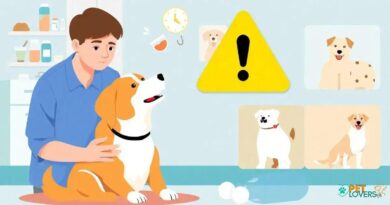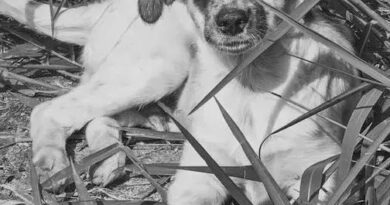What is Guardianship
What is Guardianship?
Guardianship, in the context of pet ownership, refers to the legal responsibility and authority granted to an individual or organization to make decisions on behalf of a pet, particularly when the original owner is unable to do so. This concept is crucial for ensuring the well-being of dogs and other pets, especially in situations where their owners may face health issues, financial difficulties, or other life changes that impact their ability to care for their animals. Understanding guardianship is essential for dog owners who want to ensure their pets are protected and cared for in any circumstance.
The Importance of Guardianship for Dogs
Guardianship plays a vital role in the lives of dogs, as it ensures that they have a stable and loving environment even when their primary caregivers are unable to provide that care. This legal framework allows for the appointment of a guardian who can make decisions regarding the dog’s health, welfare, and living conditions. By establishing guardianship, dog owners can rest assured that their pets will not end up in shelters or face neglect if they are no longer able to care for them.
Types of Guardianship Arrangements
There are various types of guardianship arrangements that can be made for dogs. These can include temporary guardianship, where a trusted friend or family member takes care of the dog for a limited time, or permanent guardianship, where a designated individual assumes full responsibility for the dog’s care. Additionally, some pet owners may choose to establish a pet trust, which is a legal arrangement that allocates funds for the dog’s care and specifies the guardian’s responsibilities, ensuring that the pet’s needs are met even after the owner’s passing.
How to Choose a Guardian for Your Dog
Selecting the right guardian for your dog is a critical decision that requires careful consideration. Potential guardians should be individuals who are not only willing to take on the responsibility but also have a genuine love for animals and an understanding of your dog’s specific needs. It’s essential to discuss your expectations and the level of care you envision for your pet with the chosen guardian, ensuring that they are fully prepared for the commitment involved in guardianship.
Legal Considerations in Guardianship
When establishing guardianship for your dog, it’s important to understand the legal implications involved. This may include drafting a legal document that outlines the terms of guardianship, the responsibilities of the guardian, and any financial provisions for the dog’s care. Consulting with a legal professional who specializes in pet law can help ensure that all necessary steps are taken to create a legally binding guardianship arrangement that protects your dog’s interests.
Communicating Your Wishes
Once you have chosen a guardian for your dog, it is crucial to communicate your wishes clearly. This includes discussing your dog’s daily routine, dietary preferences, medical needs, and any behavioral issues that the guardian should be aware of. Providing detailed information will help the guardian feel more confident in their ability to care for your dog and will ensure a smoother transition if they need to step in.
Financial Planning for Guardianship
Financial planning is a key aspect of establishing guardianship for your dog. This may involve setting aside funds specifically for your pet’s care or creating a pet trust that provides financial support to the guardian. It’s essential to consider the costs associated with veterinary care, food, grooming, and other expenses to ensure that your dog will be well taken care of, regardless of your circumstances.
Finding a Suitable Guardian
Finding a suitable guardian for your dog can be a challenging task. Many pet owners turn to family members or close friends, but it’s also possible to seek out local pet rescue organizations or animal welfare groups that may offer guardianship services. These organizations often have experience in caring for pets and can provide a stable environment for your dog if needed.
Reviewing and Updating Guardianship Arrangements
Guardianship arrangements should not be static; they require regular review and updates to reflect any changes in your life circumstances or the needs of your dog. It’s advisable to revisit your guardianship plan periodically, especially after significant life events such as marriage, divorce, or the passing of a loved one. Keeping your guardianship arrangements current will help ensure that your dog’s needs are always met.



